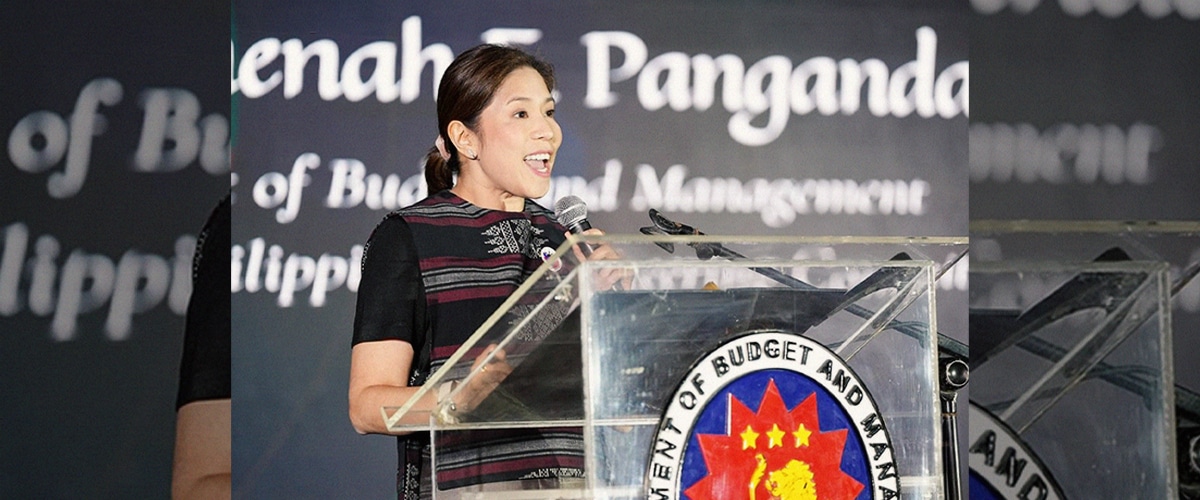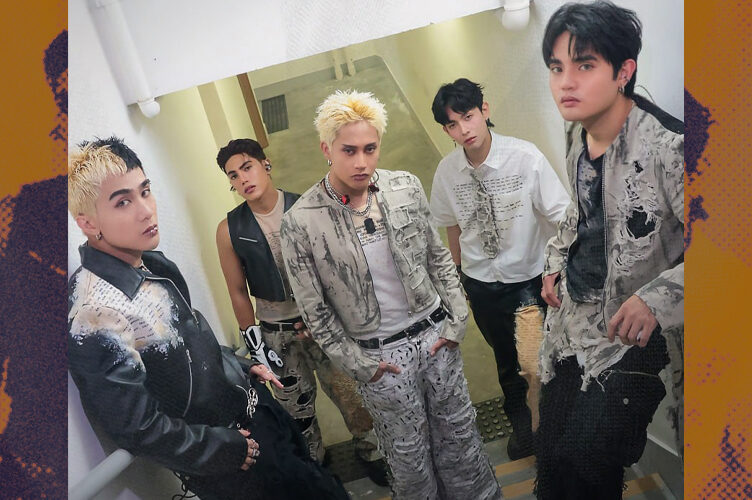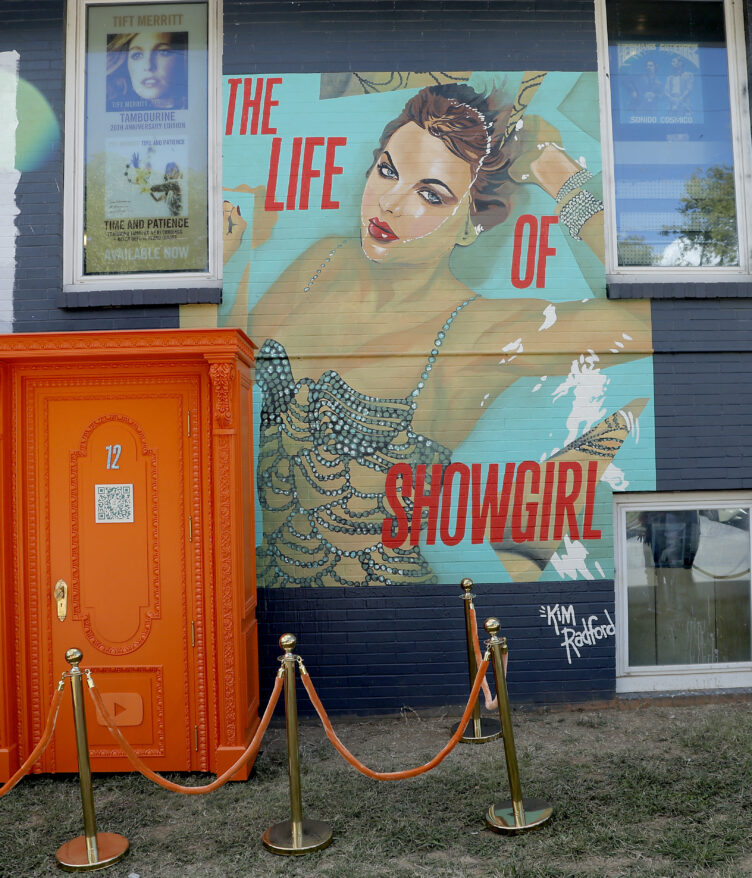ON MAY 23, a number of Philippine government officials, civil society organizations (CSOs), and private sector leaders gathered to celebrate the Philippine Open Government Partnership’s (PH-OGP) steadfast progress.
On this day, which marked the end of Open Government Week 2025, Department of Budget and Management (DBM) Secretary Amenah F. Pangandaman led the celebrations, which lasted from May 19 to 23.
The event showcases the Philippine government’s efforts to manage the national budget in a more open, trustworthy, and compassionate manner, allowing all Filipinos to benefit from transparent leadership.
A More Transparent Future
In her message, Sec. Pangandaman highlighted some of the country’s most significant accomplishments in advocating for openness, accountability, and citizen participation in government.
Furthermore, the PH-OGP Chairperson proudly stated that the Philippines has been recognized as Asia’s most fiscally transparent country, according to the most recent Open Budget Survey.
“We are proud that the Philippines has not only cemented its position as the most fiscally transparent country in Asia based on the latest Open Budget Survey but has also drastically improved its standing in the World Press Freedom Index 2025,” Pangandaman said.
Aside from that, Pangandaman said how much the country improved in the World Press Freedom Index 2025, demonstrating the growing space for press freedom and the right to express oneself.
However, she believes that there is still work to be done, given the lack of constitutional rights for Filipinos’ access to information. The secretary asked lawmakers in the 20th Congress to improve this area even further.
“However, the fact remains that we have yet to pass an enabling law that will truly uphold people’s constitutional right to information,” Pangandaman stated.
“This is why I am calling on everyone present here tonight to make our clamor for the passage of a law on right of access to information in the 20th Congress even louder and clearer!” she added.
Fight Against Corruption
Pangandaman highlighted another victory for the Philippine government: Republic Act No. 12009, often known as the New Government Procurement Act, which was enacted by President Ferdinand Marcos, Jr.
This is regarded as one of the most significant anti-corruption laws in Philippine history, and it was recognized by OGP Leaders during the Roundtable at the UN General Assembly in New York.
Furthermore, the secretary expressed pride in the country’s accomplishment at the OGP Asia-Pacific Regional Meeting, which included over 1,000 reformists from 40 various nations.
The Philippines, as a member and leader of the OGP Global Steering Committee’s Programmatic Delivery Subcommittee, continues to spearhead reform efforts on a regional and global scale.
Aside from that, DBM’s celebration included the signing of a Memorandum of Understanding between the department and the University of the Philippines – NOAH for Project 9: Digital Information for Monitoring and Evaluation.
The purpose of this project is to advance the use of public monies in a more effective and transparent manner, using digital platforms. Pangandaman vowed that the administration would maintain integrity in order to have an open reform.
How useful was this post?
Click on a star to rate it!
Average rating 0 / 5. Vote count: 0
No votes so far! Be the first to rate this post.
We are sorry that this post was not useful for you!
Let us improve this post!
Tell us how we can improve this post?









